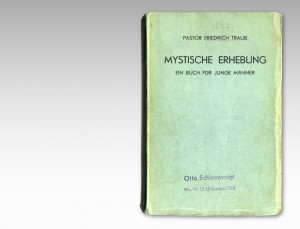par Andreas Peglau
Télécharger le texte au format pdf
Il s’agit d’une traduction DeepL que je n’ai pas vérifiée. Je vous prie de m’excuser pour les éventuelles erreurs et imprécisions qui ont certainement été commises. Veuillez utiliser le texte original allemand de 2024 à titre de comparaison: https://andreas-peglau-psychoanalyse.de/menschen-als-marionetten-wie-marx-und-engels-die-reale-psyche-in-ihrer-lehre-verdraengten/).
A.P
***
Points de départ
Aujourd’hui, alors que « l’Occident » dirigé par les États-Unis accepte de détruire la planète entière pour préserver son hégémonie « fondée sur des règles », il est plus que jamais nécessaire de trouver des alternatives à la soif irresponsable de profit et de pouvoir, au bellicisme et à la hostilité envers la vie.
Le socialisme, qui a fait ses preuves dans plusieurs pays, au moins dans une certaine mesure, se présentait comme une telle alternative. Son principal fondement théorique était la doctrine de Karl Marx (1818-1883) et Friedrich Engels (1820-1895), souvent présentée de manière déformée dans le cadre du « marxisme-léninisme » . Le « socialisme réel » a été très tôt discrédité, notamment par la terreur d’État sous Staline, puis sous Mao Tsé-Toung et Pol Pot, avant de s’effondrer vers 1990. Depuis lors, ces concepts sont généralement considérés comme définitivement discrédités et le capitalisme comme sans alternative. Weiterlesen




